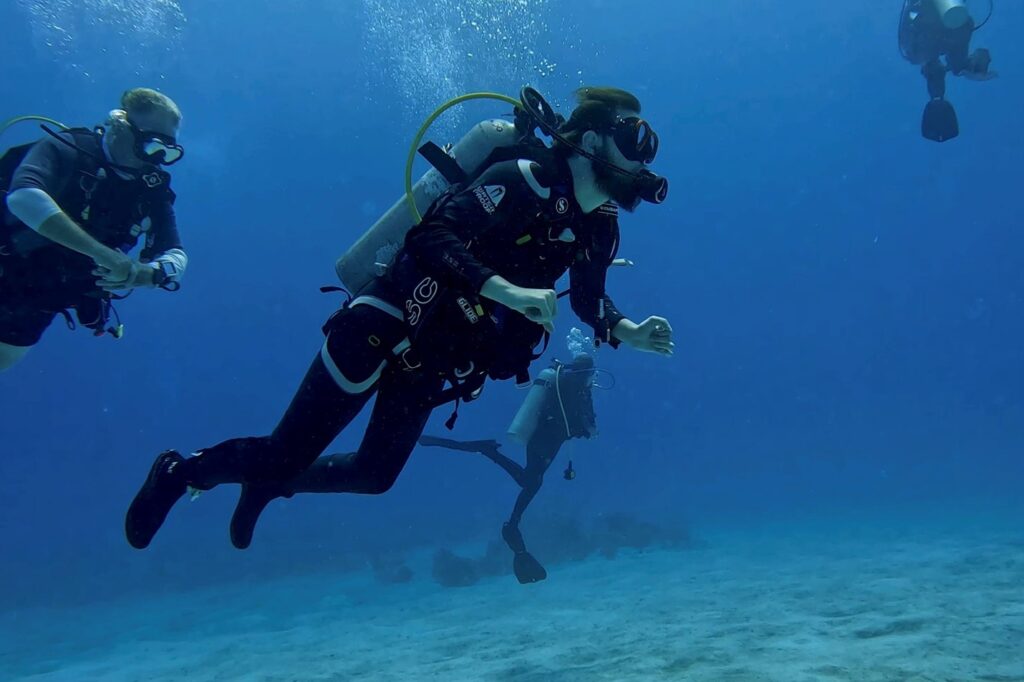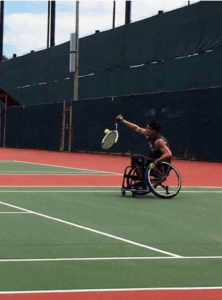
The impact of a spinal cord injury (SCI) reaches far beyond the medical diagnosis. It reshapes a person’s relationship with the most ordinary parts of life, such as getting in and out of bed, getting dressed, or making breakfast. For many, these routines require entirely new strategies, assistance, or tools. What once took seconds might now take minutes. What was once second nature might now require planning and problem solving.
Returning home can be one of the most jarring moments after an injury. A two-story house may no longer be fully accessible, with bedrooms and bathrooms out of reach. A front step becomes a barrier. Even the wheelchair, so often symbolized as a tool of freedom, can initially feel limiting or even unsafe. The challenge of navigating terrain, the difficulty of transportation, or even the fear of being alone can all compound the sense of loss. These physical and emotional limitations affect how a person sees themselves, their role in the world, as well as how they define independence.
But that’s not where the story ends. In the face of these disruptions, individuals with SCI often begin a long and complex process of reimagining their lives. It’s not about returning to who they were before, but about discovering new ways to move forward, shaped by creativity, determination, and the right support.

This is where community-based programs and adaptive tools can play an essential role. Challenged Athletes Foundation worked with a dedicated wheelchair athlete whose injury in 2003 set him on a path toward adaptive sports. Through a Craig H. Neilsen Foundation grant to them, Joey (pictured right) received a custom tennis chair and found new motivation through wheelchair tennis. “I’ve made so many good friends and learned a lot about living with a disability. Sports have helped to improve my overall outlook on life.”
This story is a reminder that identity doesn’t disappear after injury—it evolves. And what may seem like a simple activity to an outside observer, such as playing tennis, going out in nature, or attending an art class, can be a deeply personal act of reclaiming independence for someone with a SCI. From the outside, it may be labeled as an adaptive program or SCI-specific service. But for the person participating, it could simply be their annual trip, their monthly hangout, or the one space they feel completely themselves. These moments aren’t viewed through the lens of diagnosis, they’re just life.
At the Neilsen Foundation, we believe in supporting organizations that provide opportunities that make this kind of transformation possible. Every person, regardless of their ability level, deserves the chance to define what independence looks like and to build a life that reflects who they are, not just what they’ve been through.